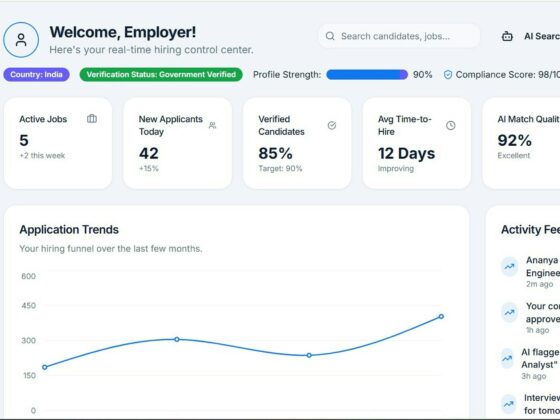
Type in relentless.com into your web browser. Go ahead—try it. What you find is not a website selling persistence. In fact, it’s not even relentless.com; rather, it’s the most-trafficked retail website in the world with more than 2.5 billion monthly visitors: Amazon.com. That’s right: relentless.com redirects to Jeff Bezos’ ecommerce empire. It was the first url registered by Bezos for his would-to-come “everything store” and could have been the place to buy everything from dog food to lobster-shaped slippers ($12.99 and come in three different colors).
Amazon was founded in 1994 before the invention of search (Google came four years later). At the time, internet users used website directories, many of which listed websites in alphabetical order. According to lore, Bezos pored over the A section of the dictionary and settled on Amazon to sell books.
Imagine if he stopped there?
In his 1997 letter to shareholders, Bezos wrote about Amazon’s “relentless and obsessed” focus on customers.” For his 1998 goals, Bezos wrote: “We are planning to add music to our product offering, and over time we believe that other products may be prudent investments.”
Smart choice, Jeff.
Lodging companies equally say they are as consumed with their customers: the millions of loyalty members on their rolls makes that imperative. Today, lodging companies are more and more mimicking Amazon, offering everything to everyone—a kind of “supermarketification,” if you will.
Marriott to Hilton, Hyatt to IHG have always offered traditional lodging products. But even Marriott started out as nothing more than a root beer stand. Adapt or die is not just a fleeting aphorism and over the past several years, dictated by customer tastes and wants outside of orthodox experiences, lodging companies have expanded their offerings outside what is perceived as traditional lodging. Recent deals, from the likes of Marriott to Hilton, Hyatt to BWH Hotels, showed companies literally going outside their comfort zones and into what is known as outdoor lodging accommodations. It is but one example.
Short-term or alternative accommodations are another, already offered through the likes of Marriott and Accor and others. Speaking of which, at a recent conference, Airbnb CEO Brian Chesky, without specifics, commented that his company’s future might look more like Amazon than Airbnb.
Did I mention cruise ships? Lodging companies are getting into that, too.
Famed computer scientist Alan Kay is credited with saying that the best way to predict the future is to invent it. Bezos proved it. He also founded and now chairs what is considered a still fairly young company in the arc of history. The top five hotel companies by number of rooms are much longer in the tooth. Rolling into 2025, expect these companies to be even nimbler and more fluid in the types of enterprises they get into, which, while at the very least tangential to the travel experience, will push the boundaries of it.
Bezos’ obsession with the customer experience is legendary. He proved that being everything to everyone is not anathema and can be a winning strategy if done right. Can, will lodging companies follow a similar path? They’ve already started.







